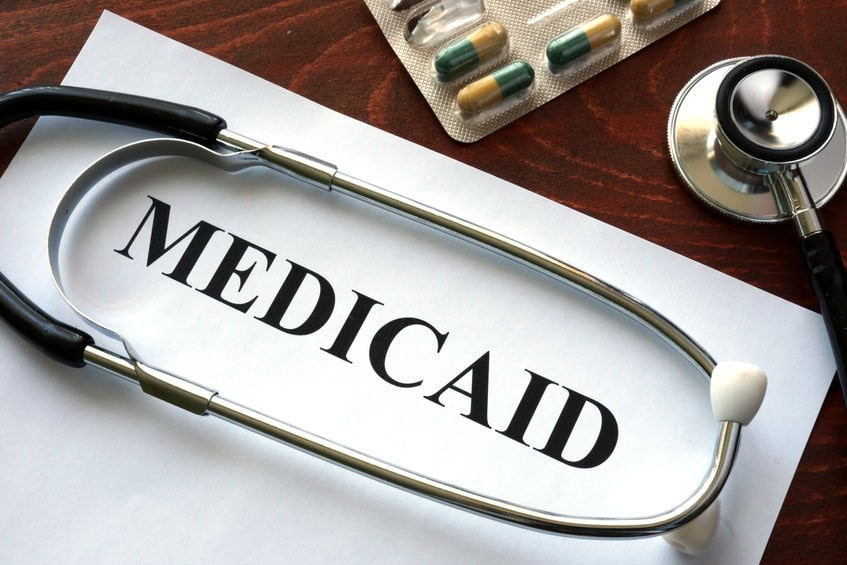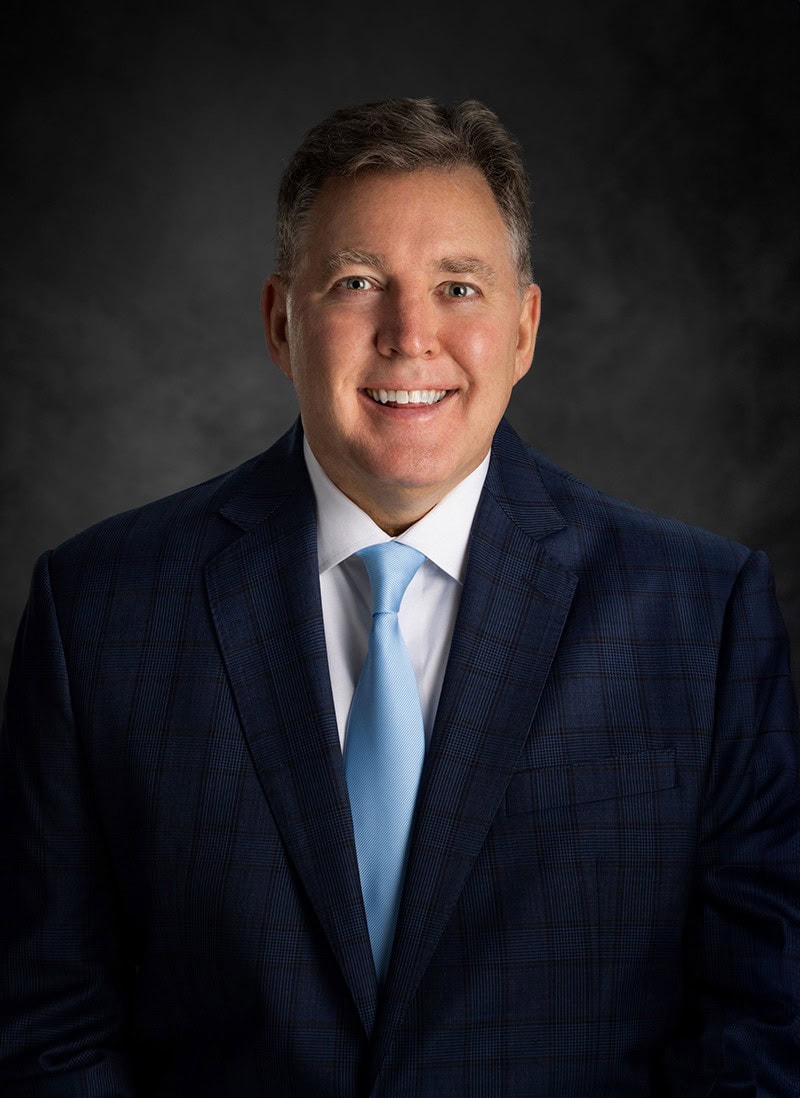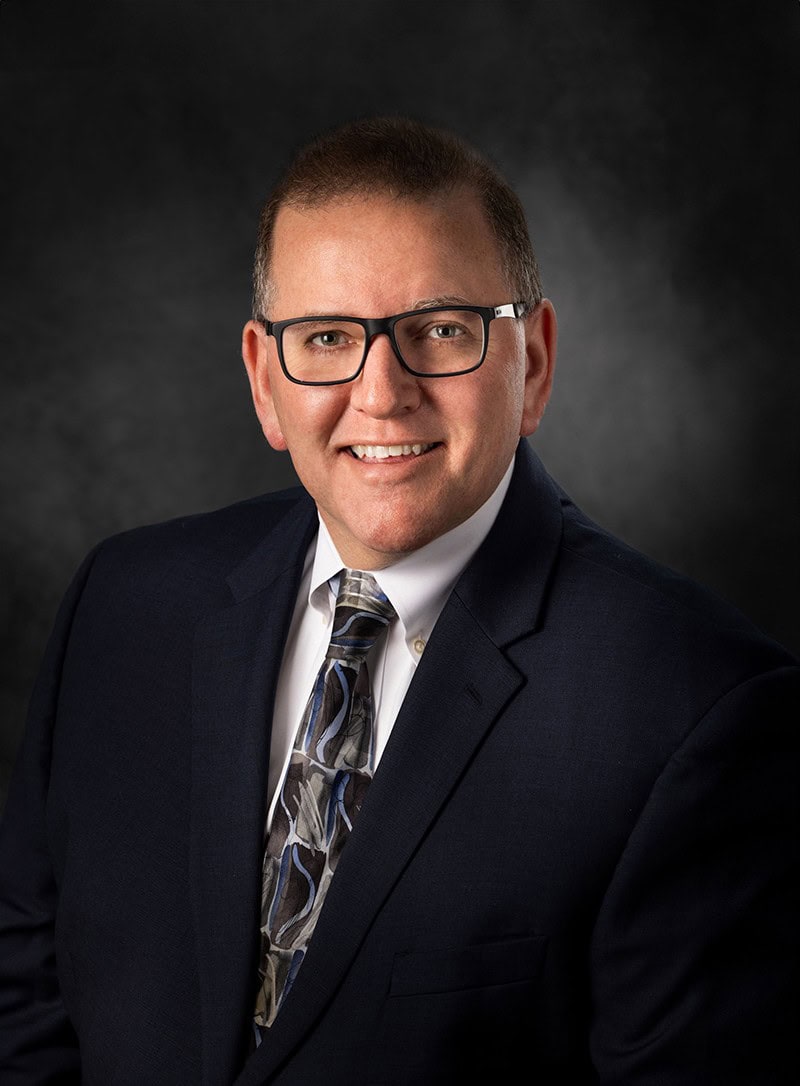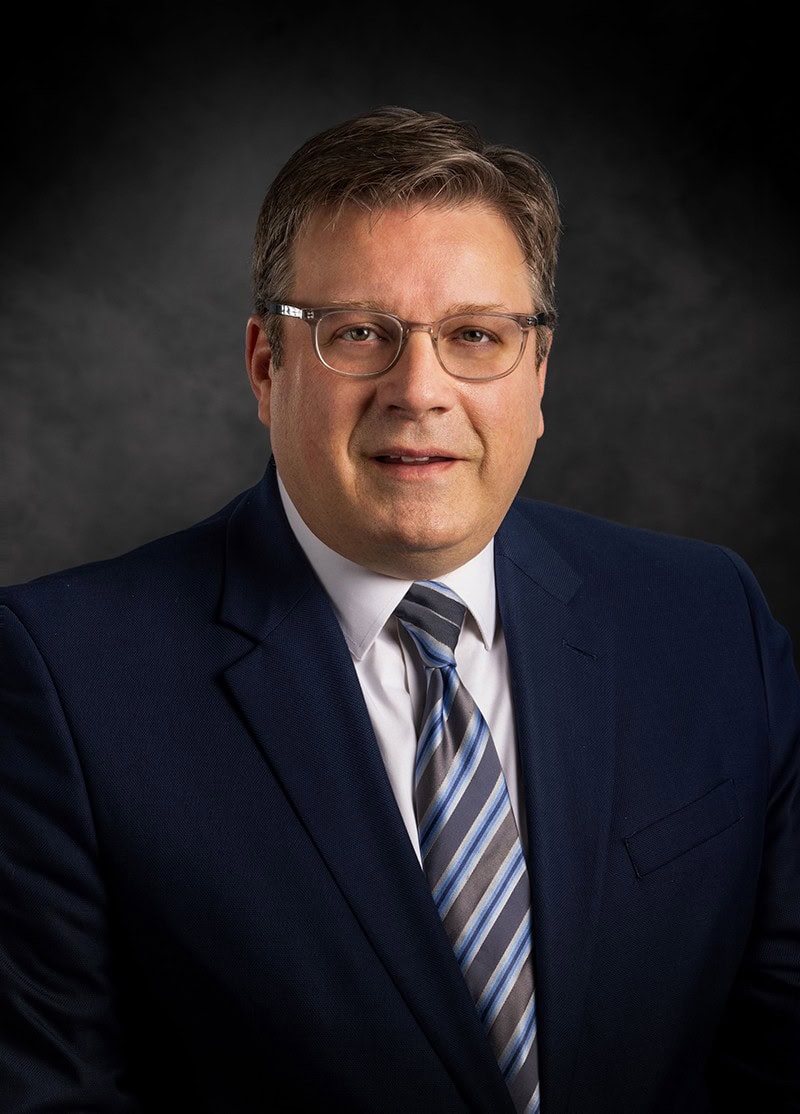
One of the first questions that many accident victims ask themselves is how are all these medical bills going to get paid?
Whether you have private health insurance or a state-sponsored health plan like Medicaid or Medicare, you should always use your insurance to pay for your medical care, regardless of if it was caused by another person or not.
Why, you ask, should you use your health insurance when the accident and injuries were caused by another person?
In the end, it is to the accident victim’s benefit to do so. Let us explain why.
When a private or public health plan pays for medical treatment due to an accident, they have the opportunity to place a lien on the settlement of that accident to cover those expenses.
This is the catch.
However, in the end, the accident victim still benefits from this process because they only must reimburse what the health insurance company pays the medical provider, which is ALWAYS less than what the medical provider will bill a cash-paying patient.
Medical providers and health insurance companies agree on a contracted rate for each medical service that is provided, and it is always at a discounted rate.
So, it benefits the accident victim who receives the treatment to pay the lower amount after letting their health insurance company settle the bill with the providers.
In addition, West Virginia law allows for an additional reduction in what the health insurance can claim as part of a settlement or through the subrogation process. In other words, the law requires the insurance company to help pay for the attorneys’ costs in getting reimbursement for the accident through the auto insurance companies. This process requires a lot of calculations and math, but in the end, it allows the accident victim to get even more of their settlement.
Between the reduction made by the health insurance contracted amount and the reduction of the lien amount after lawyers’ fees are calculated, it is a HUGE ADVANTAGE for accident victims to use their health insurance when receiving treatment. Although you may get push back, do not allow the billing office of a doctor or healthcare facility to insist on billing your auto insurance directly (or MedPay).
In addition, there are some provisions in state and federal law that allow for the complete removal of a lien held by a state-sponsored health plan. As an example, currently, if you have Medicaid and your accident case settles for less than $20,000, any lien held by Medicaid will be reduced to “0”. That means an accident victim may not have to pay back their medical bills or liens under certain circumstances. Keep in mind, this and any other rule may change at any time, so it is important that you speak with a lawyer before making any assumptions.
Above the most important aspect of this article is understanding that Medicaid and Medicare can and should be used to help cover medical bills after an accident.
If you hire a lawyer, make sure that they not only understand this but that they help through the billing and subrogation (lien) process and NOT leave it all up to the accident victim. Our law firm prides itself in helping our clients with any and all bills resulting from an accident that they did not cause. If another law firm does not offer those services, then move on to the next.



